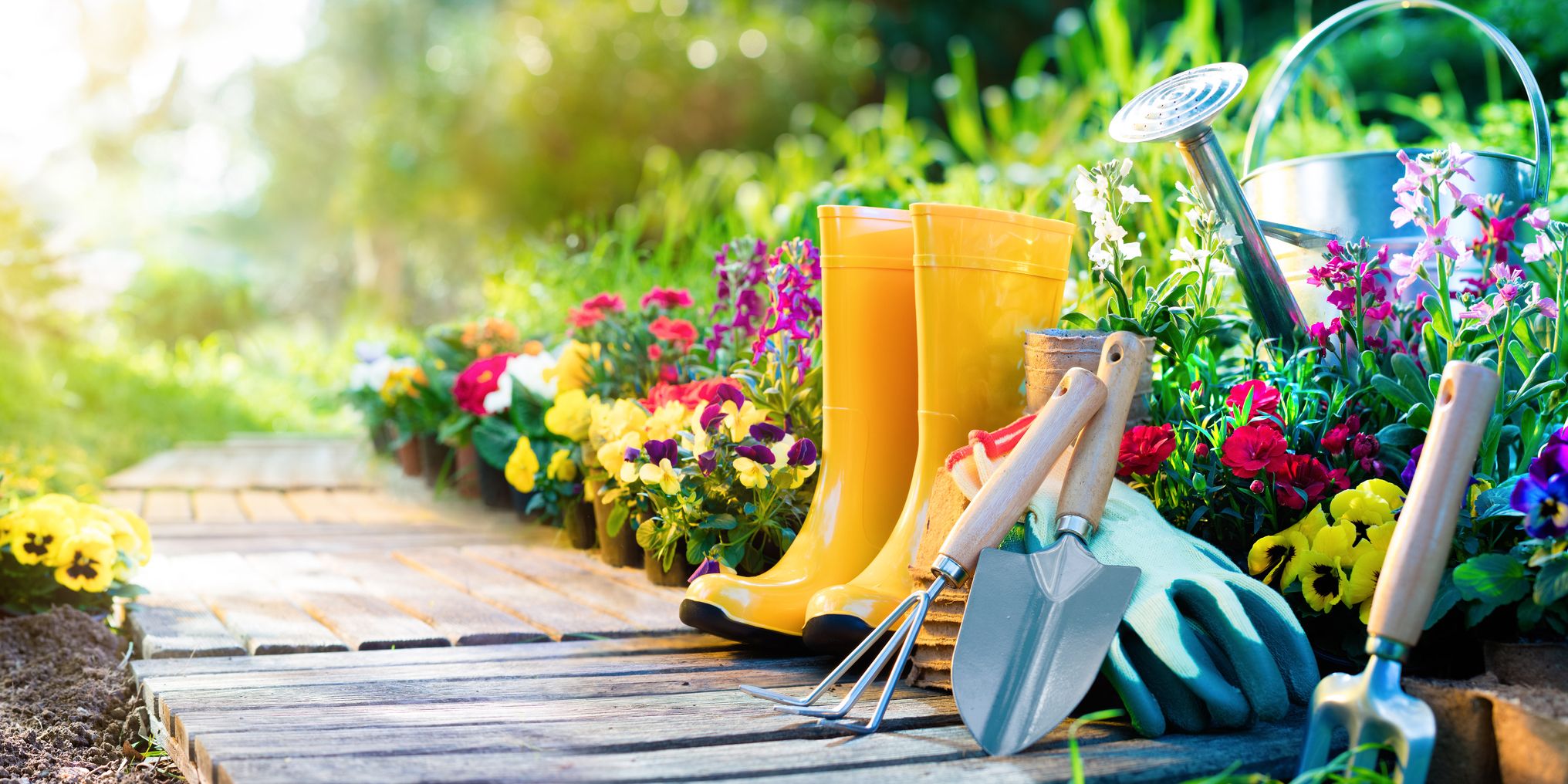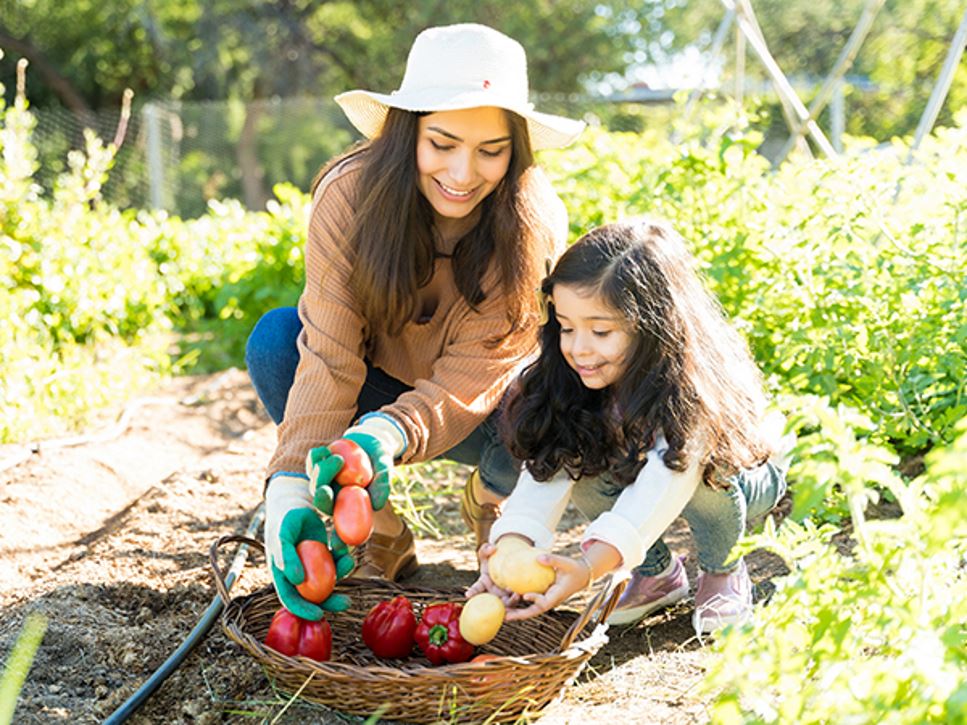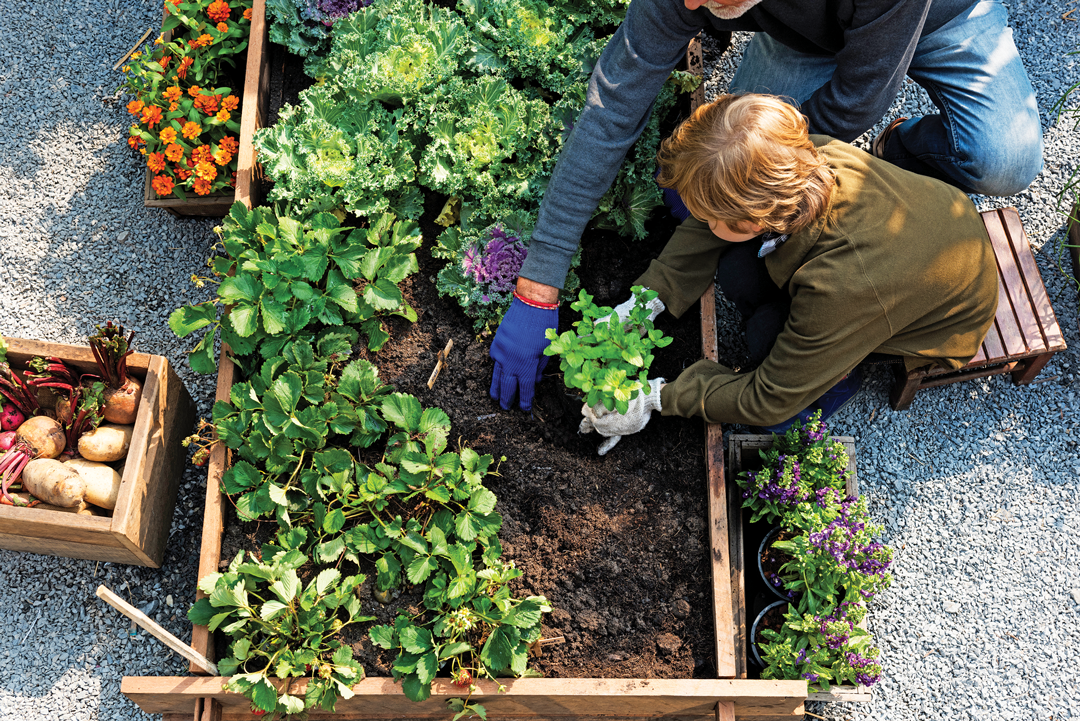Sustainable Gardening Practices for an Eco-Friendly Yard
Sustainable Gardening Practices for an Eco-Friendly Yard
Blog Article
Unlocking the Perks of Horticulture: An In-depth Consider the Different Kinds and Their Effect On Well-Being
Exploring the complex advantages of gardening exposes a range of techniques that considerably boost specific health. From veggie and natural herb gardens to container and elevated bed configurations, each type uses distinctive advantages that extend beyond plain growing. These activities not just foster physical health via energetic involvement however likewise add to psychological health by easing stress and anxiety and motivating mindfulness. As we examine these diverse gardening approaches, it ends up being obvious that their impact can resonate on personal, social, and ecological degrees, prompting a closer consider just how these connections form a cohesive story of holistic health.
Sorts Of Gardening

Flower gardening, an additional popular group, emphasizes the aesthetic charm of grown blossoms. This type can boost landscapes and promote biodiversity by attracting useful pollinators. Herb horticulture entails growing aromatic and cooking plants, contributing both to food preparation and all-natural treatments.
Container gardening deals flexibility, allowing individuals with limited room to participate in gardening by utilizing pots and planters. This approach is specifically prominent in city settings. Increased bed horticulture, on the various other hand, involves creating raised plots that improve soil drain and ease of access, making it simpler for garden enthusiasts to handle their plants.
Lastly, area gardening fosters partnership amongst individuals in shared spaces, promoting social communication and cumulative responsibility. Each sort of gardening offers unique functions and accommodates different choices, making horticulture a functional task that can be tailored to individual requirements and environments.
Mental Wellness Advantages
Taking part in various kinds of gardening not just yields tangible incentives such as fresh fruit and vegetables and attractive blossoms however also offers substantial psychological wellness advantages. Research study indicates that gardening can be an effective device for minimizing stress and anxiety, anxiety, and anxiety. The act of tending to plants and growing a yard promotes a sense of function and success, which can improve overall emotional well-being.
Additionally, gardening encourages mindfulness, as it requires people to concentrate on the here and now minute, whether it be growing seeds or supporting development. This mindfulness practice can bring about decreased rumination and boosted mood security. The exposure to natural settings during gardening has actually additionally been linked to boosted cognitive functioning and reduced feelings of tiredness.
Social interaction plays an important role in mental wellness, and community gardening initiatives provide opportunities for people to link with others, fostering a feeling of belonging. The common experience of gardening can cultivate relationships and support networks, even more bolstering emotional strength.
Physical Health Perks
Several people may not realize that gardening likewise provides significant physical wellness advantages. Taking part in horticulture tasks requires a series of physical motions, consisting of bending, training, digging, and planting, which collectively add to better toughness, flexibility, and endurance. These actions can improve cardio health by advertising an elevated heart rate, consequently decreasing the danger of heart problem.
Moreover, gardening can act as a moderate-intensity workout, helping individuals achieve recommended exercise degrees. Research studies indicate that regular engagement in hop over to these guys horticulture can shed substantial calories-- roughly 200-400 calories per hour, depending upon the intensity of the jobs done. Such calorie expenditure is helpful for weight administration and overall metabolic health.
Additionally, exposure to sunshine throughout gardening can assist in the synthesis of vitamin D, which plays a vital function in maintaining bone health and supporting immune feature. The act of horticulture often entails functioning with dirt, which has been connected to potential mental and physical wellness benefits due to the existence of advantageous microbes.
Social Connections Via Horticulture
The communal elements of gardening foster meaningful social links among individuals. Neighborhood yards, particularly, serve as dynamic hubs where people from diverse backgrounds integrated, cultivating not just plants but also connections. These common spaces encourage partnership, permitting individuals to trade understanding, abilities, and resources, thus enhancing their gardening experience and fostering a sense of belonging.
Engagement in horticulture tasks frequently leads to the development of friendships and support networks. Participants regularly unite for common goals, such as growing periods, harvest celebrations, or instructional workshops, which strengthen interpersonal connections and produce a feeling of neighborhood. Such communications can reduce feelings of isolation and enhance mental wellness, as people locate friendship and camaraderie in common undertakings.

Ecological Effect of Gardening
Gardening substantially adds to ecological sustainability in several ways. One of one of the most remarkable benefits is the enhancement of biodiversity. Home gardens supply essential environments for different species, consisting of pollinators such as bees and butterflies, which are essential for community health and wellness. By growing diverse plant varieties, garden enthusiasts can create a balanced atmosphere that supports both vegetation and fauna.

Moreover, gardens play a vital function in water preservation. Tactical landscapes, consisting see this of native plants and xeriscaping, minimize water usage and avoid overflow, therefore protecting regional rivers from air pollution.
Final Thought

In final thought, horticulture acts as a multifaceted task that boosts well-being across different domains. The varied kinds of gardening-- including veggie, blossom, herb, container, and raised bed-- add to mental and physical health, foster social connections, and promote ecological sustainability. By taking part in gardening techniques, individuals can experience improved lifestyle while likewise supporting area bonds and eco-friendly wellness. Eventually, the all natural benefits of horticulture highlight its significance as a crucial aspect in boosting general wellness.
Report this page